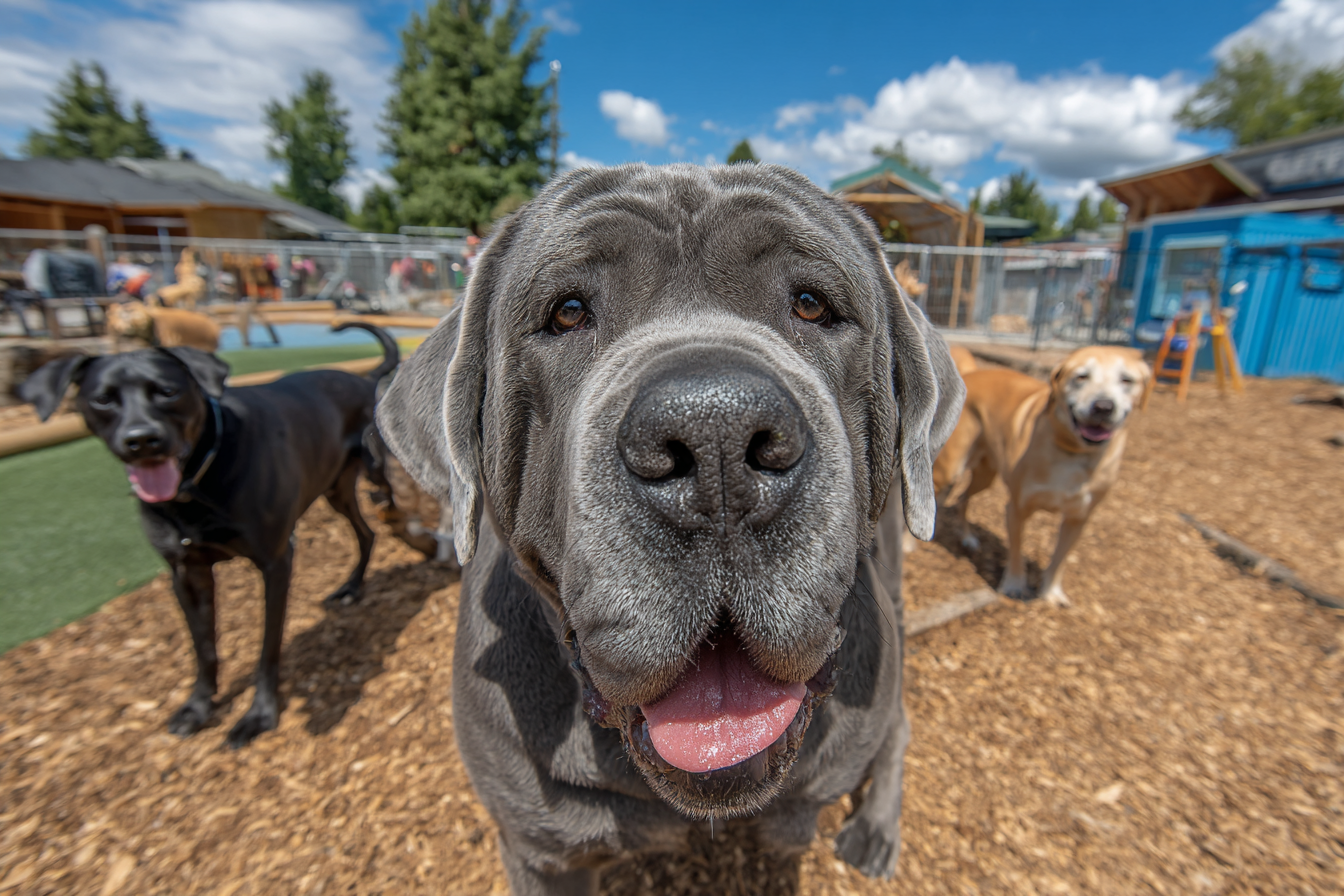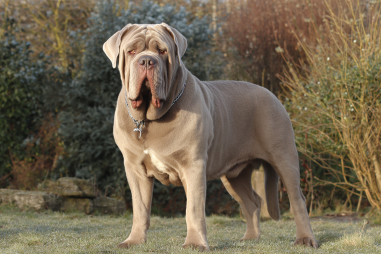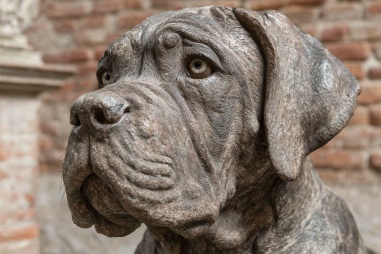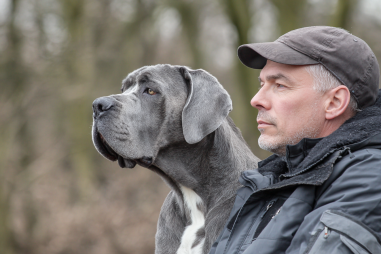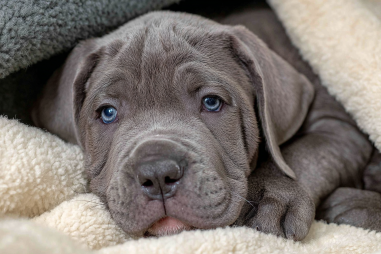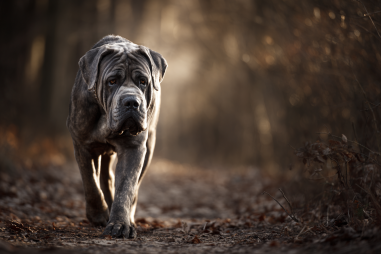Neapolitan Mastiffs are a majestic breed with a powerful presence and a gentle heart. However, their imposing size and protective nature mean that socialization is especially important to ensure they grow into well-rounded, confident companions. Proper socialization from an early age can help prevent behavioral issues and make your Neapolitan Mastiff a trustworthy friend in any environment. In this article, we’ll explore essential socialization tips designed to help your dog thrive in a variety of situations. By following these guidelines, you’ll foster a strong bond and a balanced personality in your Neapolitan Mastiff.
Importance of Early Socialization
Socialization is the process of exposing your Neapolitan Mastiff to different people, environments, sounds, animals, and experiences in a positive and controlled way. Early socialization is critical because it shapes how your dog perceives and reacts to the world around them. Since Neapolitan Mastiffs have a natural protective instinct and can be wary of strangers or unfamiliar situations, early exposure helps them learn that the world is not a place to fear but one to explore confidently.
Without proper socialization during the puppy stage, these dogs may develop fearfulness, anxiety, or even aggression, which could be problematic due to their large size and strength. Early socialization helps build your dog’s confidence, teaches them appropriate behavioral responses, and prevents defensive or wary conduct later in life.
Socialization Milestones by Age
Knowing the key socialization milestones for your Neapolitan Mastiff will guide you in providing timely and appropriate experiences. While every dog is unique, here’s a general timeline to consider:
- 3 to 8 weeks: This is the earliest stage where puppies learn social skills primarily from their littermates and mother. Gentle handling by humans is crucial here.
- 8 to 12 weeks: This is often called the “critical socialization period.” Your puppy is most receptive to new experiences and people. Introducing positive encounters during this window will have lasting benefits.
- 12 to 16 weeks: Continue socializing, but your puppy will begin to show preferences and fears. Consistent exposure helps solidify good habits.
- 16 weeks to 6 months: This period can sometimes see fear phases emerge. Maintaining positive social encounters is important to build resilience.
- 6 months and beyond: Socialization remains important. Mature dogs benefit from ongoing exposure to new environments and people to reinforce balanced behavior.
Safe Environments for Introducing New Experiences
When socializing a Neapolitan Mastiff, safety and positivity should always be top priorities. Choose environments that minimize stress and threats while maximizing learning opportunities. Consider these options:
- Controlled puppy classes: Puppy socialization classes are excellent for supervised interactions with other dogs and people.
- Quiet parks or open spaces: Introducing your dog to outdoor environments without overwhelming crowds helps them focus and relax.
- Visits to friends’ homes: A calm indoor environment where your dog can meet new people in a friendly setting.
- Exposure to various sounds and objects: Play recordings of traffic, household noises, or thunderstorms at a low volume to acclimate your puppy gradually.
Always monitor your dog’s reactions closely. If they show signs of distress, such as trembling, hiding, or growling, redirect your efforts by either lessening the intensity of the experience or providing positive reinforcements to help them relax.
Handling Fearfulness and Aggression
It’s important to remember that fearfulness and aggression are often signs of insecurity and anxiety. Your goal is to help your Neapolitan Mastiff feel safe and confident. Here are strategies to address these issues:
- Desensitization: Gradually expose your dog to the fear-provoking stimulus in controlled doses, rewarding calm behavior with treats and praise.
- Counter-conditioning: Pair scary experiences with something positive, such as a favorite treat or toy, to change their emotional response.
- Body language awareness: Learn to recognize early signs of discomfort so you can intervene before fear escalates into aggression.
- Consistent training: Teach commands like “sit,” “stay,” and “leave it” to maintain control during triggering situations.
- Professional help when needed: If fear or aggression is severe, seek guidance from a certified dog trainer or behaviorist experienced with large breeds.
Encouraging Positive Behavior Around People
Because Neapolitan Mastiffs often serve as guardians, it’s crucial they learn to differentiate between threats and friendly visitors. To encourage appropriate social behavior around people:
- Practice calm greetings: Teach your dog to sit or stand calmly when meeting new people instead of jumping or barking.
- Use positive reinforcement: Reward polite interactions with treats, praise, or petting to reinforce good manners.
- Introduce a variety of people: Expose your dog to individuals of different ages, sizes, and appearances, including children and men with hats or beards.
- Teach a “quiet” command: This helps manage barking tendencies when strangers approach.
- Supervise interactions: Especially with children or unfamiliar guests, always supervise to ensure safe and respectful communication.
Long-Term Socialization Strategies
Socialization is not just a phase—it’s an ongoing commitment throughout your Neapolitan Mastiff’s life. Here’s how to maintain and build upon a solid social foundation:
- Regular outings: Take your dog to new places frequently, such as pet-friendly stores, dog parks, or outdoor events.
- Continued training: Reinforce obedience and good manners through refresher courses or advanced training sessions.
- Mix social groups: Introduce your dog to new dogs and people periodically to keep their social skills sharp.
- Monitor health and comfort: Pain or illness can affect behavior, so keep their health in check to avoid negative reactions.
- Stay patient and positive: Some socialization challenges may appear over time; patience and encouragement will help your dog adapt.
With consistent, mindful socialization efforts, your Neapolitan Mastiff will grow into a poised, confident companion, ready to stand guard or relax calmly in any setting. Remember that your role as their guide is invaluable—your love, patience, and positive reinforcement will shape a loyal friend for years to come.

